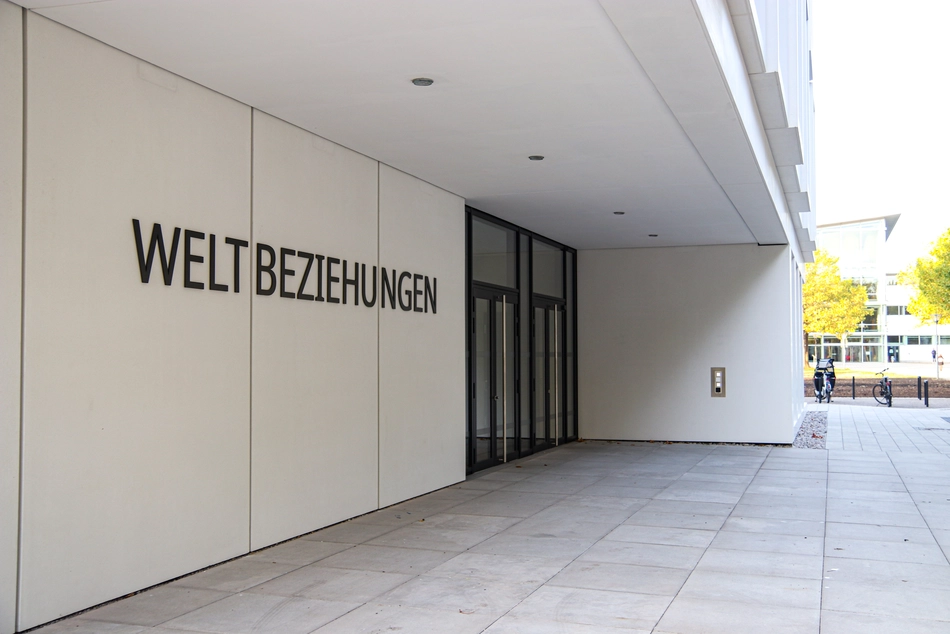In 2017, the German government adopted these so-called crisis guidelines as a strategic orientation for its global crisis, peace and stabilisation engagement, thus strategically raising its work in the field of civilian crisis prevention and peacebuilding to a new level. Since its adoption, however, the global situation has changed dramatically: The Russian war of aggression against Ukraine, the national security strategy adopted in 2023 and a multiple crisis situation mean that the guidelines require substantial further development.
With its all-day consultation event at the Brandt School, the Federal Government's Advisory Board would now like to gather constructive input from academia and civil society on important points of civil crisis prevention and thus support the conceptual development of the guidelines. The event is deliberately being held in Thuringia in view of the upcoming state elections and is expressly intended to include local and regional civil society perspectives. At the same time – also utilising the potential of the Brandt School's special international orientation – the focus will be on including international perspectives, particularly from the Global South. This very diverse exchange between the departments, the Advisory Board and the invited experts should make it possible to incorporate comprehensive and diverse perspectives into the process of further developing the guidelines.
In the morning, the event will focus on international crisis engagement and the perspective of the Global South, while in the afternoon the focus will be on the local and regional aspects of civil society engagement and its practical implementation with regard to civil crisis prevention.

